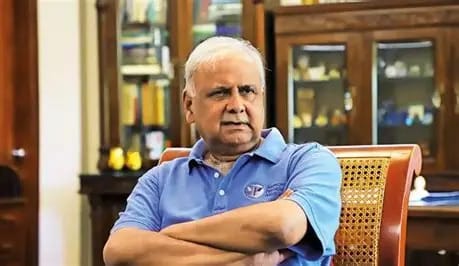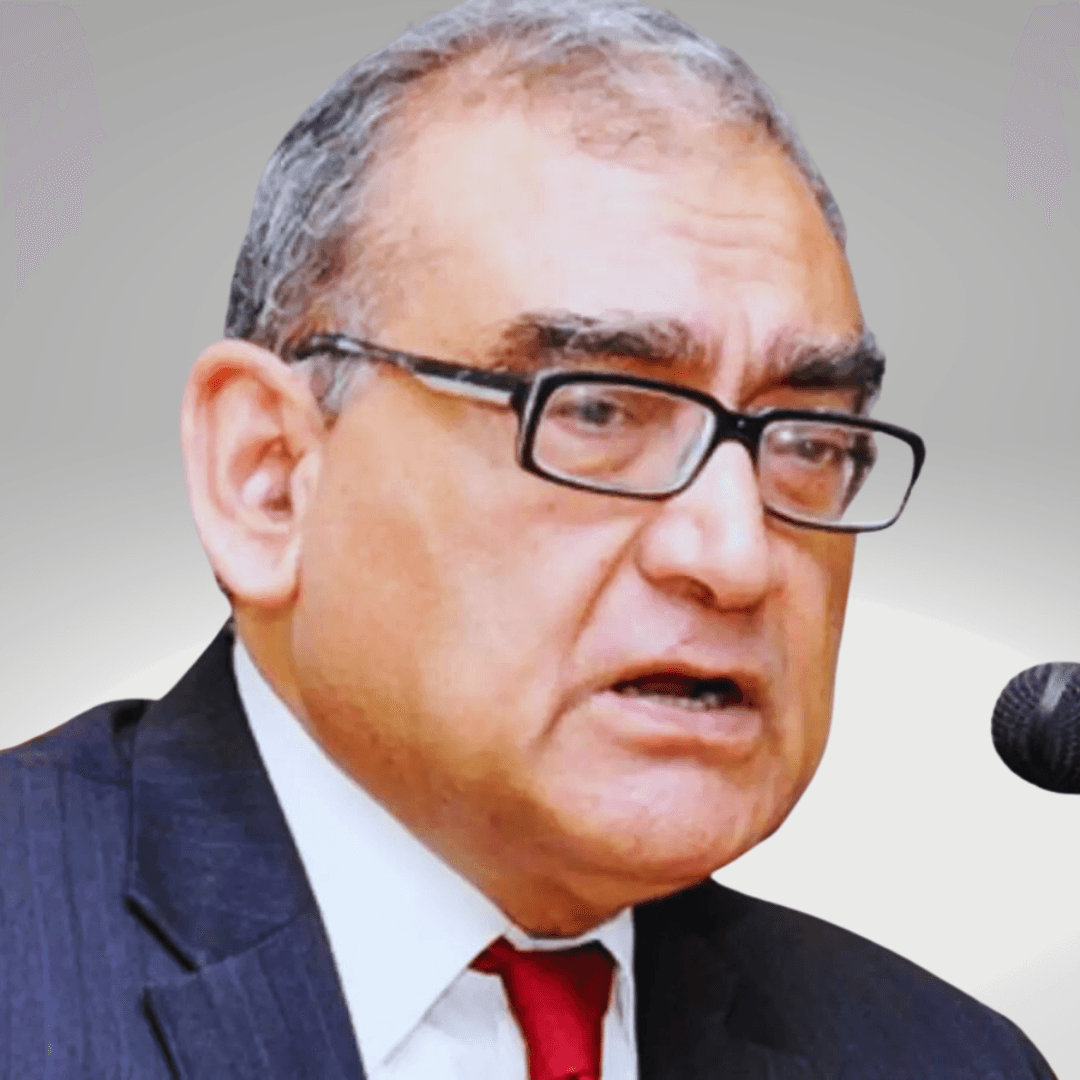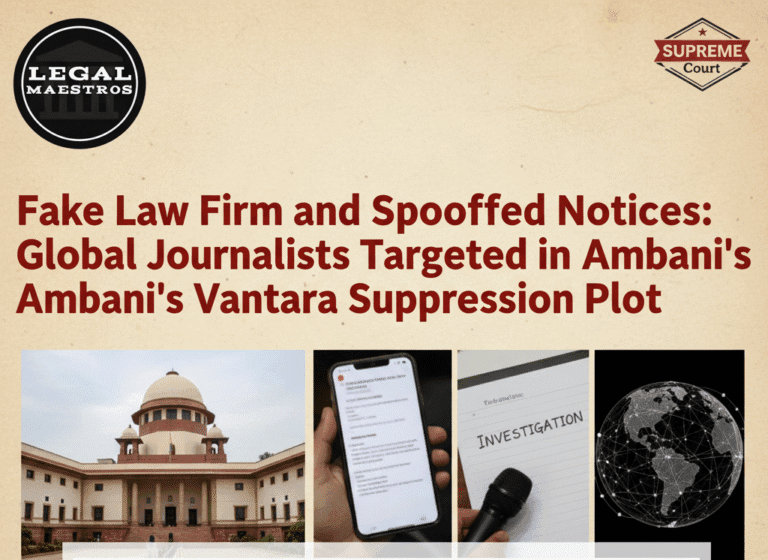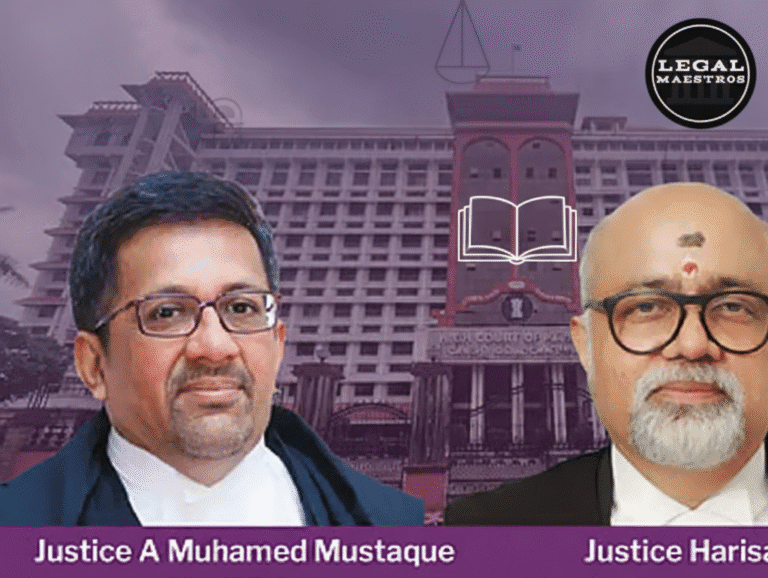
Prof Jagdeep Chhokar, who died recently, is being highly praised for his contribution to strengthening Indian democracy
https://archives.iima.ac.in/faculty/Jagdeep-S-Chhokar.html
Indian ‘liberals’ and self proclaimed ‘intellectuals’ are falling head over heels singing about his ‘great’ work, and lamenting his demise, as if an Abraham Lincoln or Lenin had died.
For any queries or to publish an article or post or advertisement on our platform, do call at +91 6377460764 or email us at contact@legalmaestros.com.
Here is what that ‘great thinker’ Yogendra Yadav says about him :
And here is what that other hero among our ‘intellectuals’, Ravish Kumar, says :
For any queries or to publish an article or post or advertisement on our platform, do call at +91 6377460764 or email us at contact@legalmaestros.com.
And here is what that champion of democracy, Prashant Bhushan, says :
Here are some other tributes :
My own opinion is that Prof Chhokar was a totally superficial and inane thinker, a blockhead so far as understanding Indian politics is concerned, and so the tributes to him are entirely misplaced and misconceived.
For any queries or to publish an article or post or advertisement on our platform, do call at +91 6377460764 or email us at contact@legalmaestros.com.
Prof Chhokar is praised for his commitment and work for democracy in India and electoral reforms.
His commitment was rooted to one simple principle — the right of the voters are the cornerstone of democracy.
It is true that his efforts contributed to some of the electoral reforms our country has witnessed. As one of the founders of the Association for Democratic Reforms (ADR), Prof. Chhokar filed numerous petitions before the Supreme Court of India, to ensure that the voter remains the centre of all democratic discourse, e.g. petitions praying for the disclosure of criminal records, financial details, and educational qualifications of contesting candidates, exposing the violations of the Foreign Contribution Regulation Act (FCRA) by political parties in 2015; striking down of the electoral bond scheme and subsequent disclosure of political donations by corporates, the landmark constitution bench judgment in 2023 mandating that the appointment of the Chief Election Commissioner be made by a committee consisting of the Prime Minister, the Leader of Opposition, and the Chief Justice of India ( this was subsequently watered down by the government excluding the CJI ) in order to shield it from excessive control of the executive; and the disqualification of convicted MPs and MLAs from legislative offices.
For any queries or to publish an article or post or advertisement on our platform, do call at +91 6377460764 or email us at contact@legalmaestros.com.
https://www.youtube.com/watch?v=EZQkxJiEDWQ&t=28s&pp=ygUPamFnZGVlcCBjaGhva2Fy
However, to my mind, Prof Chokar misses two vital points in this connection, which reveals his superficial thinking :(1) Even if there is no electoral malpractice, 90% Indian voters will still vote on the basis of caste and religion. They will not see the merit of the candidate, whether he is a good man or bad, educated or uneducated, criminal or not, but instead only see his caste or religion ( or the caste/religion his party claims to represent ).
No wonder that about half the MPs elected in the 2024 Lok Sabha elections have criminal backgrounds
For any queries or to publish an article or post or advertisement on our platform, do call at +91 6377460764 or email us at contact@legalmaestros.com.
https://www.newindianexpress.com/nation/2024/Jun/06/record-46-of-newly-elected-lok-sabha-mps-facing-criminal-cases-study
Indian politics largely runs on the basis of caste and religion. Casteism and communalism are feudal forces which must be destroyed if India is to progress, but democracy, as practised in India, further entrenches and strengthens them
(2) Prof Chhokar treats democracy as a holy cow, never to be questioned
For any queries or to publish an article or post or advertisement on our platform, do call at +91 6377460764 or email us at contact@legalmaestros.com.
He overlooks the fact that the test of every political activity and every political system is one, and only one : does it raise the standard of living of the people ? Does it give them better lives ? From that standpoint democracy is not an end in itself. It can at most be a means to an end, and that end must be raising the standard of living of the people. If democracy helps in attaining that end it is a good thing, but not otherwise.
https://www.hastakshepnews.com/2025/08/a-phoenix-arises-from-ashes-india.html
As mentioned above, democracy, as practised in India ( and even if there were no malpractices ) fortifies and strengthens casteism and communalism ( as it largely runs on their basis ). Casteism and communalism are feudal forces obstructing the progress of India, and thus keeping our country backward and poor.
For any queries or to publish an article or post or advertisement on our platform, do call at +91 6377460764 or email us at contact@legalmaestros.com.
How then can democracy ( as practised in India ), be said to be a good thing ?
Prof Chhokar, to my mind, was like Don Quixote, fighting the windmills, or like the English poet Shelley, whom Matthew Arnold described as a ” a beautiful but ineffectual angel, beating in the void, his luminous wings in vain ”
For any queries or to publish an article or post or advertisement on our platform, do call at +91 6377460764 or email us at contact@legalmaestros.com.







![Research Assistantship @ Sahibnoor Singh Sindhu, [Remote; Stipend of Rs. 7.5k; Dec 2025 & Jan 2026]: Apply by Nov 14, 2025!](https://legalmaestros.com/wp-content/uploads/2025/11/Gemini_Generated_Image_s0k4u6s0k4u6s0k4-768x707.png)
![Karanjawala & Co Hiring Freshers for Legal Counsel [Immediate Joining; Full Time Position in Delhi]: Apply Now!](https://legalmaestros.com/wp-content/uploads/2025/11/Gemini_Generated_Image_52f8mg52f8mg52f8-768x711.png)